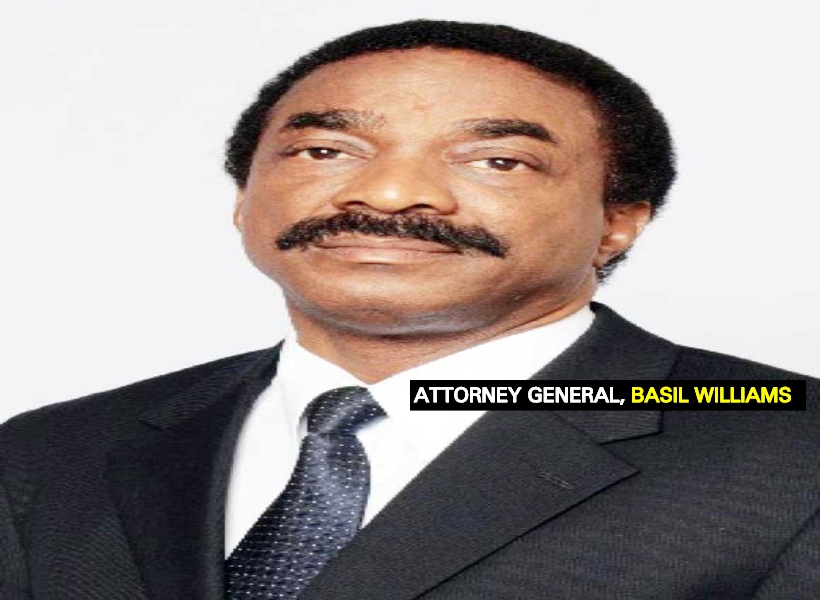“The Government should convene the National Assembly to have a resolution passed in order that the time be extended for the holding of an election within the earliest time as indicated after the President has consulted with the Guyana Elections Commission,” Attorney General Basil Williams proposed in his submissions to the Caribbean Court of Justice (CCJ) on Consequential Orders.
In relation to extending the time for the holding of elections, Williams said, “If for any reason the National Assembly does not pass the Resolution or the Resolution does not garner the requisite majority for an extension, the President after consultation with the Guyana Elections Commission shall dissolve the National Assembly and General and Regional Elections shall be held on a date to be fixed by the President under Articles 70(2) and 61 respectively.”
Essentially, Williams told the CCJ that the government including the President, Prime Minister, Ministers and Cabinet shall remain in office until a President is sworn in after elections have been held pursuant to Article 106(7) of the Constitution.
According to the Attorney General, the registration of persons for the purpose of ascertaining who is qualified to be an elector is by ‘house to house’ visits as provided for under section 3(1) of the Elections Law (Amendment) Act of 2000, and General and Regional Elections shall be held on the National Register of Registrants/Central Register under the National Registration Act which Register is to be prepared by ‘house to house visits’ pursuant to sections 2 and 3 of the National Registration Act as amended by the National Registration (Amendment) Act No 31 of 2007.
In all the circumstances, the Attorney General has maintained the need for the holding of house to house registration before general and regional elections are held. As it is, the Attorney General submitted that GECOM is constitutionally incapable of lawfully directing, supervising and administering the elections that are required to be held, since it is without a Chairman.
Williams held, “The appointment of a GECOM chair is subject to a mandatory constitutional process. Until the President and the Leader of the Opposition complete that process, which is to be completed by them with dispatch, the work functioning of GECOM is affected.” GECOM, Williams said has two primary functions, the registration of electors and the administration of elections.
“There is absolutely no evidence before this Court that the officers and employees of the Secretariat of GECOM are not discharging their functions in order to read the electoral apparatus for elections. On the contrary, the evidence strongly suggests that they are at work and that time is required for the work to be completed. The process outlined above must be completed by house to house visits. There is no doubt that all the parties accept that elections must be held. The state of readiness (or unreadiness) of GECOM to conduct credible elections cannot be ignored,” Williams said in submission to the regional court.
The CCJ has already announced that it will hand down its judgment on Consequential Orders as it relates to the consolidated appeals on the No-Confidence Motion and the GECOM chair appeal on Friday, July 12, 2019.











